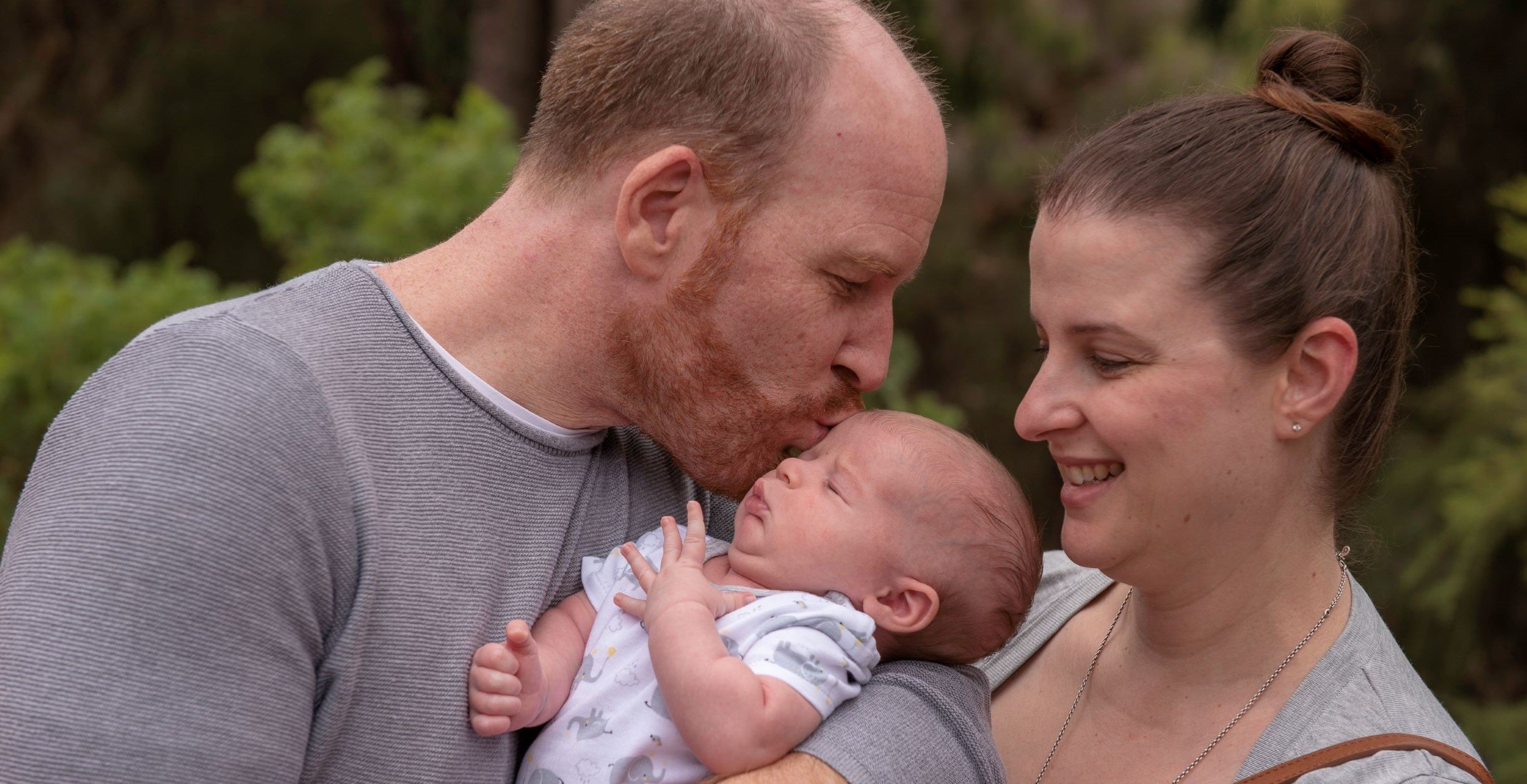Search

The following maps highlight the Indigenous suicide rate trends over time (from 2001 to 2012) in different regions of Australia.
At The Kids Research Institute Australia, our vision is simple – happy, healthy kids. We bring together community, researchers, practitioners, policy makers and funders to share our mission to improve the health, development and lives of children and young people through excellence in research.

The Institute has become one of the world’s leading Strep A hubs, with multiple teams working in the Institute’s END RHD Program, headed by Associate Professor Asha Bowen, working to understand how Strep A works and find better ways to prevent and control the diseases it causes.

This map illustrates extensive consultations that have taken place with Aboriginal and Torres Strait Islander peoples on the topic of suicide.

Our maps provide visual insight into how the number and rate of Indigenous suicides can vary across the different regions of Australia.

Despite major advances in science in recent years, many Australians still don't understand the magnitude and importance of early years development to a child's life journey.

Discover more about some of the broad topics and areas of research that The Kids Research Institute Australia are involved in.
Research
Development and Validation of a Stability-Indicating RP-HPLC Method for Edaravone QuantificationEdaravone is used to treat motor neurone disease (MND) by slowing disease progression and prolonging survival time. Currently, it is available as an IV infusion (Radicava®, Jersey City, NJ, USA) and an oral liquid suspension (Radicava ORS®, Jersey City, NJ, USA). Development of novel edaravone formulations is still an active field of research that requires a validated stability-indicating assay capable of providing specific, precise, and accurate quantification of edaravone content.
Research
TransgenderTransgender is a term that includes people whose gender identity, gender expression, or behavior does not conform to conventional gender notions of male or female.
Research
Measuring the Burden of Epilepsy Hospitalizations in CDKL5 Deficiency DisorderInformation on the hospital service use among individuals with CDKL5 Deficiency Disorder, an ultrarare developmental epileptic encephalopathy, is limited, evidence of which could assist with service planning. Therefore, using baseline and longitudinal data on 379 genetically verified individuals in the International CDKL5 Disorder Database, we aimed to investigate rates of seizure-related and other hospitalizations and associated length of stay in this cohort.
